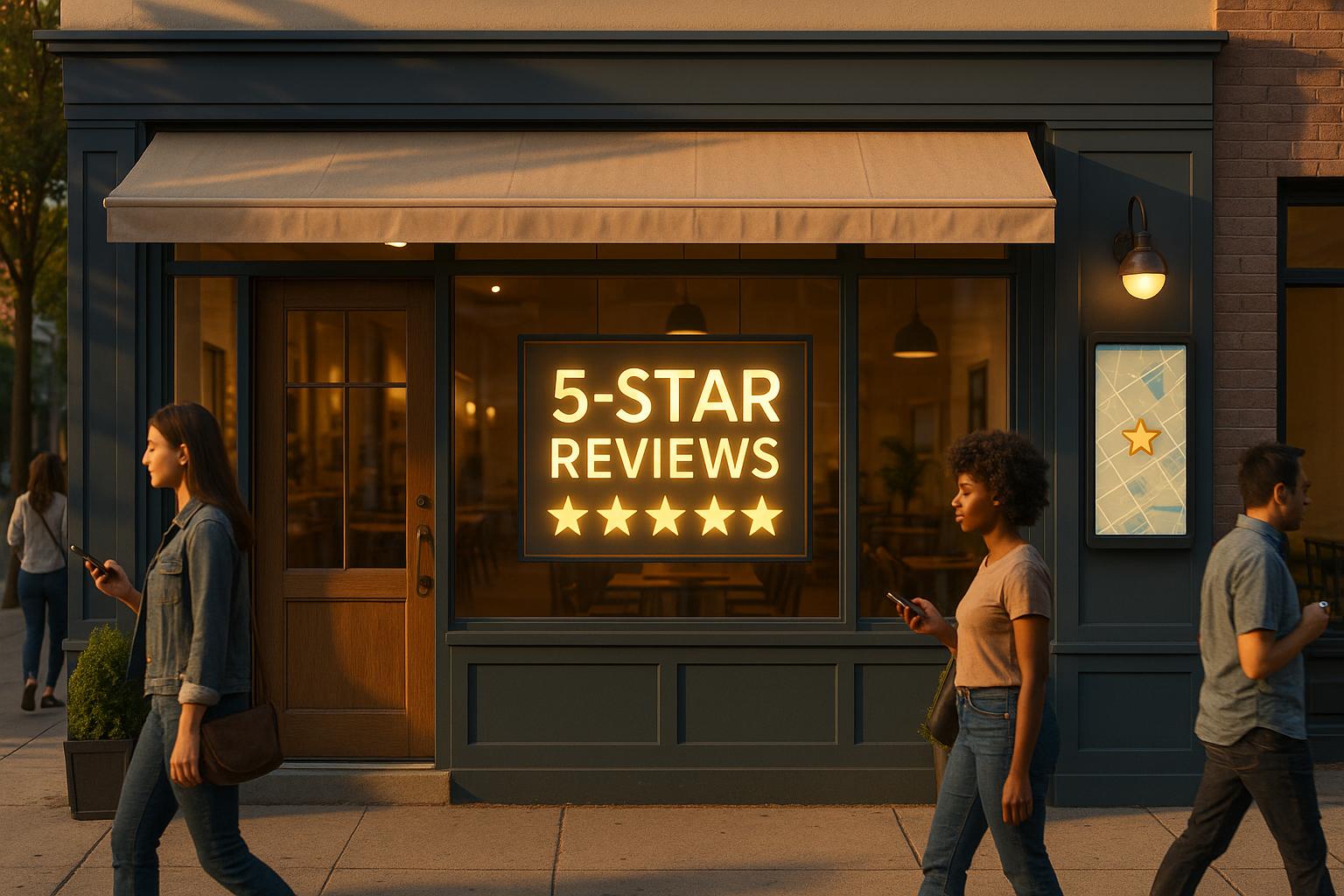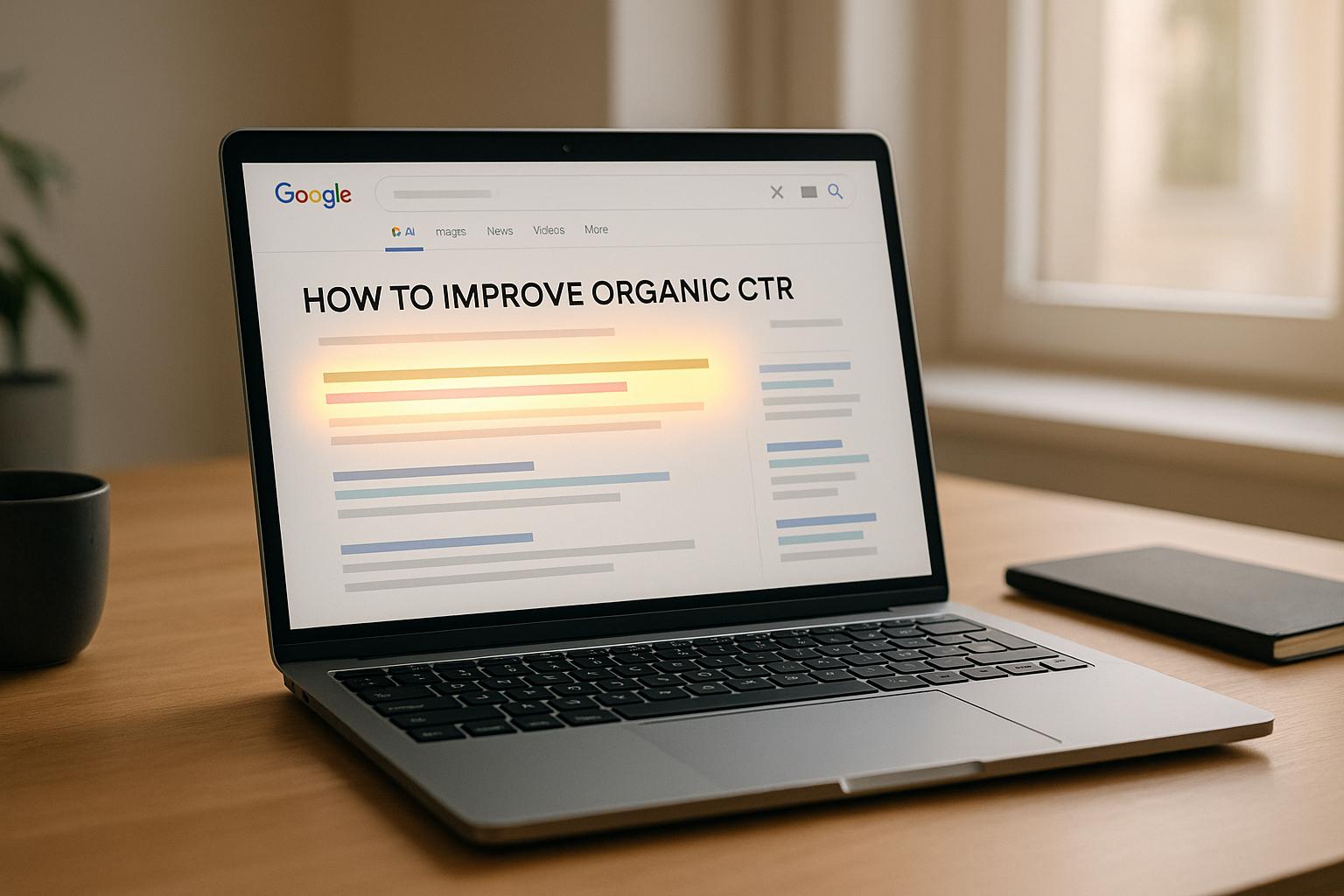Learn how to effectively find and optimize keywords for banking apps to enhance visibility, attract users, and boost downloads in app stores.
SEO ARTICLES
Amazon A9 Algorithm: Pricing Factors Explained
Learn how Amazon’s A9 algorithm uses pricing to influence product visibility and sales, focusing on competitive pricing and the Buy Box.
How to Respond to Negative Reviews for SEO
Learn how to effectively respond to negative reviews to enhance your SEO, build customer trust, and improve your online reputation.
7 Steps to Identify Long-Tail Keywords for SEO
Learn how to effectively identify and leverage long-tail keywords to boost your SEO, target specific audiences, and increase conversions.
How to Build Links That Respect Local Cultures
Learn how to build effective links by respecting local cultures and adapting your strategies to resonate with diverse audiences.
How to Optimize Category Pages for SEO
Learn effective strategies to optimize category pages for SEO, enhancing user experience and improving search engine rankings.
Search Intent vs. Keyword Intent: Key Differences
Explore the vital differences between search intent and keyword intent to enhance your SEO strategy and effectively meet user needs.
How To Build Custom SEO Dashboards
Learn how to create custom SEO dashboards that streamline performance tracking, align with business goals, and transform data into actionable insights.
How Reviews Impact Local Search Rankings
Explore how customer reviews influence local search rankings and discover effective strategies for managing them to enhance visibility.
How To Improve Organic CTR
Learn effective strategies to enhance your organic CTR through optimized meta elements, structured data, and technical improvements.










